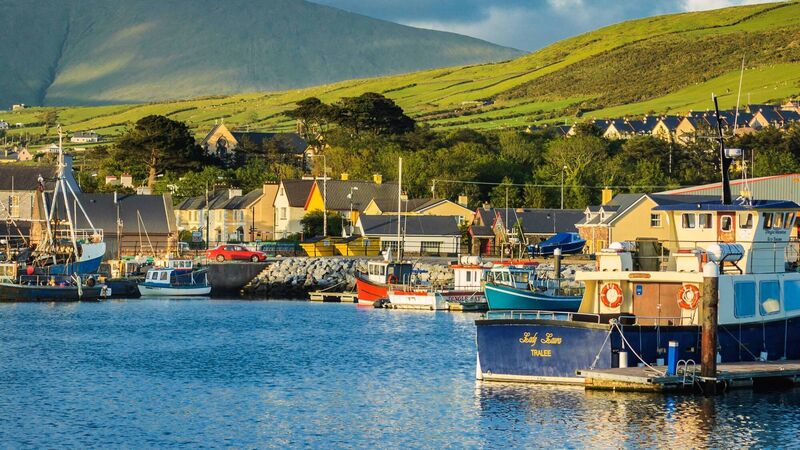Cynthia Ní Mhurchú: 'Restricting Airbnbs will ruin local economies like the Dingle peninsula'

Dingle is home to thousands of people who depend on tourism to make their day-to-day living.
Philip Fitzgibbon runs a surf school and waterpark on the north shore of the Dingle Peninsula, right on the edge of my constituency. He employs local people. His sister runs a dive centre just three miles up the road, and his other sister operates a laundrette in nearby Castlegregory village. That laundrette washes many of the sheets for the local Airbnbs that cater for the thousands of tourists that come to visit this beautiful part of the world every year.
This incredible stretch of sandy beach-lined coast is home to thousands of people who depend on tourism to make their day-to-day living.













